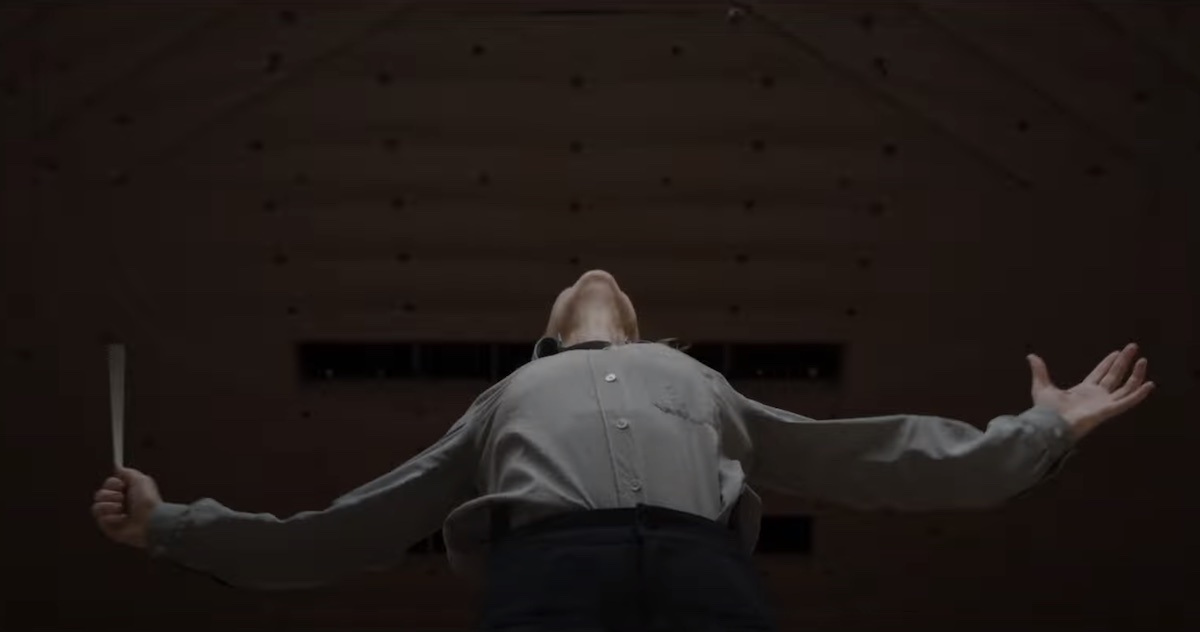Editor’s note: This article contains spoilers.
Todd Field’s new, multi-Academy Award nominated feature film Tár is generating considerable commentary – and not a little controversy.
For some, its storyline allows for a timely exploration of intergenerational conflict concerning the value of Western art and artistic ethics. Others see it as a critique of cancel culture.
Still others think it epitomises the problematic representation of women and LGBTQI+ people in a traditionally male-dominated industry.
But I think it also shines a light on some of the social and political dynamics of the world in which it is set: the elite end of the classical music industry.

Cate Blanchett as Lydia Tár.
Power before the fall
Portraying the professional and psychological downfall of orchestral conductor Lydia Tár (Cate Blanchett), the film depicts her as prone to abusive and grooming behaviours. Those behaviours, the film suggests, may have led to the suicide of a young former student (and possible love interest).
In interviews, Field has stated he created her character not to explore gender or sexuality, but rather power. The film could have equally been set, he suggests, in “a multinational corporation or an architectural firm. Pick your poison.”
But Field’s choice of...










Thanks for your insightful analysis of Tar. Everything in the film is very intentional even the shots towards the end going down the river into the heart of darkness, and regrouping in the waterfall cave, like Plato’s cave. What is real? Lydia then, from some perspectives, has a steep fall to a jobbing conductor. But wait, looking at it another way she loses the straight jacket of classical music conformity and continues to pioneer, capturing the elusive youth audience that orchestras pine for, refining what is valuable, what is art. What can we learn from this fable?